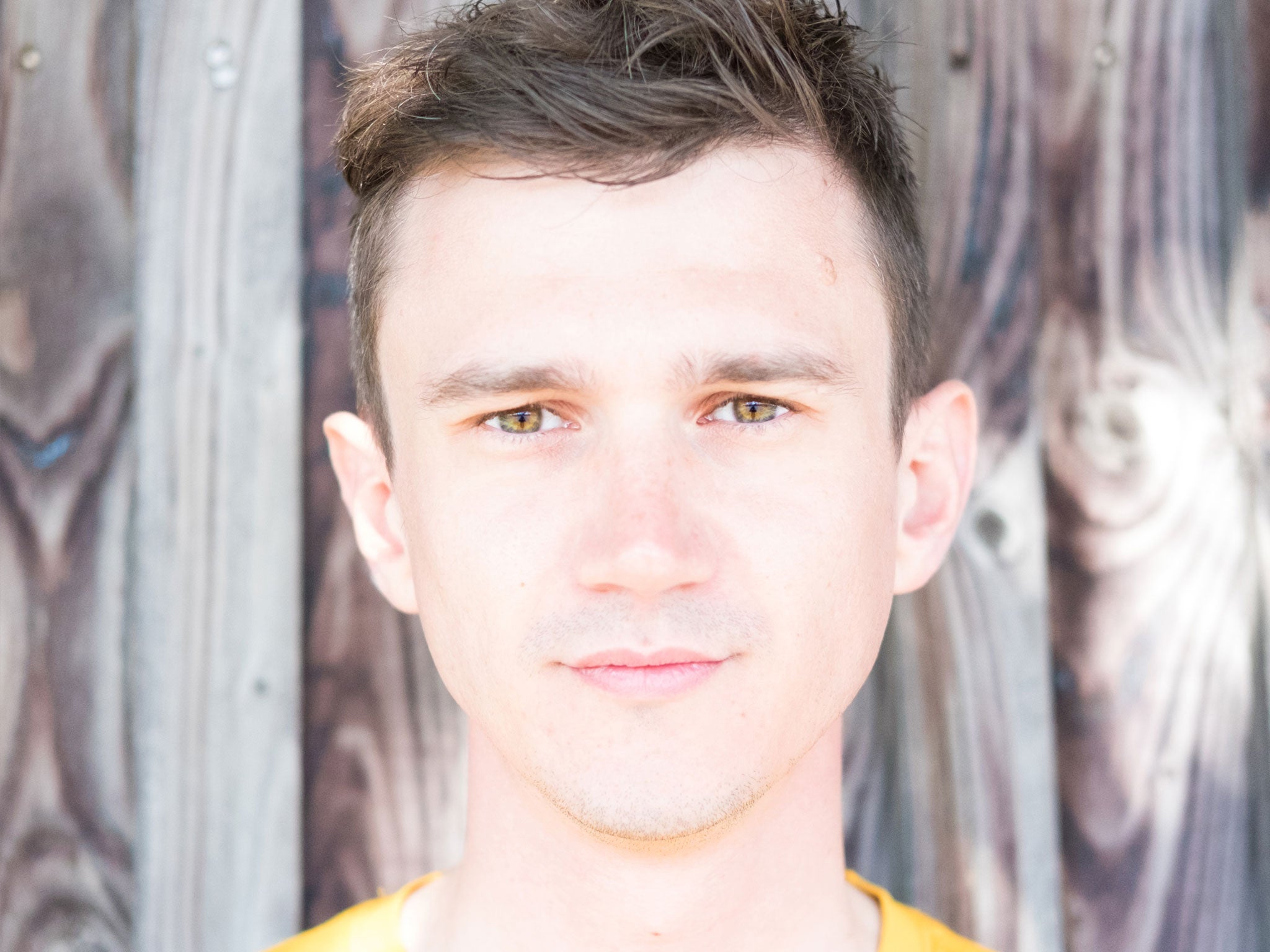HIV cases among gay men fall dramatically as experts hail 'most exciting development in 20 years'
Decline in infection rates is linked to an increase in the number of men being tested

The number of new HIV diagnoses among gay and bisexual men has fallen dramatically in the last year, new figures show.
Health experts said the drop in new cases by more than a fifth represented “the most exciting development in the UK HIV epidemic in 20 years”.
Figures published by Public Health England (PHE) showed a 21 per cent decline in new HIV diagnoses among gay and bisexual men – down from 3,570 in 2015 to 2,810 last year.
In London, the decline was even more drastic, with a fall of almost a third (29 per cent) in just a year, from 1,554 to 1,096.
The UK is one of the first countries in Europe to witness a substantive decline in HIV diagnoses in gay and bisexual men, PHE said.
The decline in infection rates is linked to an increase in the number of men being tested – and the frequency with which high-risk individuals are re-tested.
Experts also pointed to an increase in condom use and an uptake in antiretroviral therapy following diagnosis to explain the results.
Commenting on the figures, Dr Valerie Delpech, head of HIV surveillance at PHE, said early diagnosis was key to making sure that people benefit from HIV treatments.
“This is very good news. It is the first time since the beginning of the HIV epidemic in the 1980s that we have observed a decline in new HIV diagnoses among gay and bisexual men, and is clear evidence that HIV prevention efforts are working in the United Kingdom,” she said.
Among the general population, there were 5,164 new HIV diagnoses reported in the UK in 2016: an 18 per cent fall from the overall figure of 6,286 in 2015.
This is the lowest number of new infections since 2002, and the biggest year-on-year fall since 1986.

Ian Green, chief executive of sexual health charity Terrence Higgins Trust, said: “Today’s figures show we’ve started something – we’re beginning to see the reversal of the HIV epidemic in some communities in the UK.
“But this is no time for complacency. We must keep this momentum going so we can see the same progress in other communities and bring the epidemic to an end.
“It is vital that heterosexual people and those from black African communities are getting tested for HIV and onto treatment as early as possible – HIV is not just an issue for men who have sex with men.”
He also warned that late diagnoses were “worryingly high”, which increases the risk of infected patients unwittingly passing on the virus.
The new statistics show that 42 per cent of people with HIV are being diagnosed late, with heterosexual men and individuals aged over 50 the most likely to experience late diagnosis.
NHS England has begun a three-year trial of a new HIV prevention drug – PrEP, or pre-exposure prophylaxis – for around 10,000 people, with high risk patients prioritised.
PHE said the availability of PrEP, which has already been approved for use on the NHS in Scotland and can also be bought privately, was having an impact.
Harry Dodd, 26, who lives in London, is one of those who has benefited from the new treatment.

He said: “Growing up gay in the shadow of HIV used to fill me with fear and anxiety.
“Now I’m on PrEP I feel entirely confident that I’m protected from HIV, and that the test is always going to come back negative.
“Removing that fear has been personally life-changing, and former anxiety has been replaced with hope for the future eradication of HIV.”
Join our commenting forum
Join thought-provoking conversations, follow other Independent readers and see their replies
Comments
Bookmark popover
Removed from bookmarks